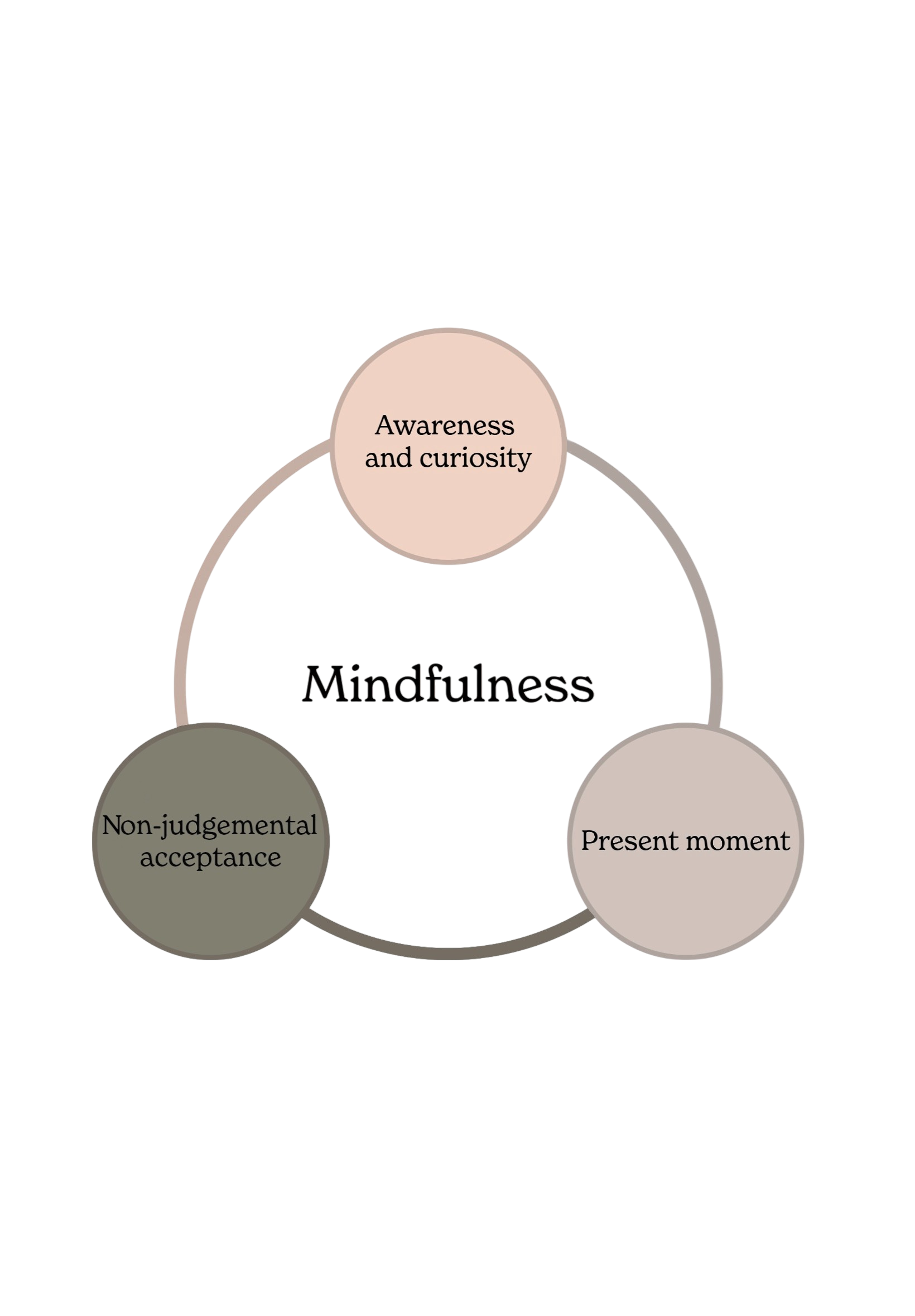Mindfulness-Based Therapy
How Can Mindfulness Help?
Mindfulness-Based Therapy is effective for a wide range of concerns, including stress, anxiety, depression, chronic pain, sleep issues, and emotional reactivity. It can help you:
Notice your thoughts and feelings without becoming overwhelmed by them
Reduce rumination, worry, and overthinking
Respond to stress with greater calm and balance
Build self-awareness, emotional regulation, and self-compassion
Improve focus, sleep quality, and overall sense of well-being
The goal of mindfulness isn’t to stop thinking or block emotions—it’s to relate to them differently. Over time, you develop the ability to respond to life with more intention and less reactivity, helping you feel more centred and in control.
What Is Mindfulness-Based Therapy?
Mindfulness-Based Therapy refers to a range of therapeutic approaches that integrate mindfulness practices with psychological understanding. The most well-known forms include Mindfulness-Based Stress Reduction (MBSR) and Mindfulness-Based Cognitive Therapy (MBCT), both of which are grounded in scientific research and clinical practice.
At its core, mindfulness involves paying attention to the present moment with openness, curiosity, and without judgment. Rather than getting caught up in worries about the future or regrets about the past, mindfulness helps you relate more calmly and clearly to your thoughts, emotions, and experiences as they arise.
Mindfulness-based approaches combine guided meditation, breathing exercises, and reflective practices with discussions and tools from therapy. These approaches are often structured, time-limited, and can be delivered one-to-one or in group formats.
What Should I Expect If I Try Mindfulness?
If you decide to try Mindfulness-Based Therapy, you can expect a structured yet gentle approach that combines learning and practice. You might:
Learn about the principles of mindfulness and how they apply to everyday life
Be guided through short meditations, body scans, and breathing techniques
Explore your patterns of thinking and emotional habits in a mindful way
Practice noticing thoughts and feelings without judging or trying to change them
Use mindfulness as a tool for grounding yourself in moments of stress or discomfort
Complete brief home practices, such as daily meditations or mindful activities
Mindfulness-Based Therapy is experiential and reflective—you won’t be asked to change your thoughts, but to observe them and shift how you relate to them. No prior experience with meditation is needed—just a willingness to be present and curious.
This approach can help you build a calmer, kinder, and more resilient inner life—not by escaping discomfort, but by learning to face it with clarity, patience, and compassion.








